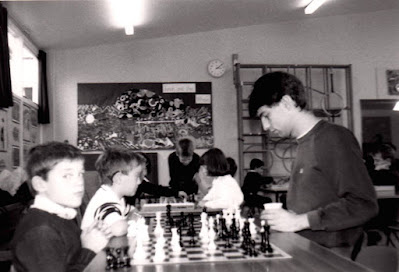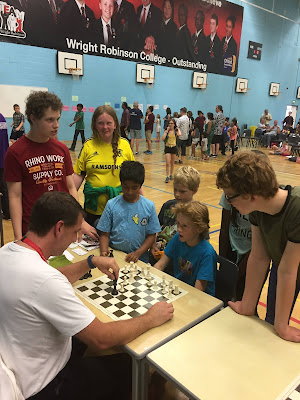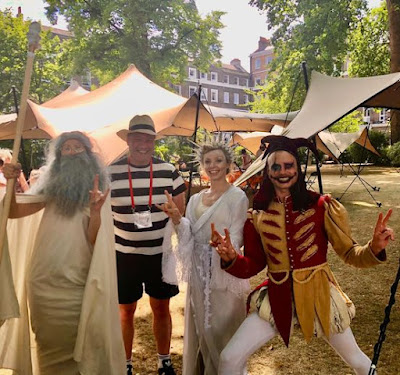BOOK of the YEAR 2022
Short List
Many of the high quality books received this year concentrated on chess training. Perhaps reflecting current anxieties the emphasis was not only on chess positions, but also on how the chess mind
works in actual play. Three have been selected. The exception was the final volume in a trilogy on one of the greatest players who ever lived.
Analyzing the Chess Mind Gulko and Sneed Quality Chess pp 224 £26.99
Gulko is an extremely strong grandmaster who uniquely has won both the Soviet and US championships, while Sneed is a Professor of Psychology. Together they are very well placed to consider chess mind issues in a well – chosen selection of games and positions. Two sample subjects: Losing winning positions and Problems in self- confidence. This book is both instructive and very readable.
Emanuel Lasker Volume Three
Forster, Negele, Tischbierek editors Exzelsior Verlag pp 468 £54.95
Subtitled, Labours and Legacy Chess, Philosophy and Psychology this third volume which covers Lasker’s life from 1914 to his death in New York in 1942. Lasker was a complex man with a myriad of interests and occupations outside chess. It has needed three large volumes to adequately cover all aspects of Lasker’s life. This volume, with the two previous volumes, (both of which featured in earlier Short Lists), are the work of many experts over more than a decade. They and the books do full justice to a world champion of 27 years. An outstanding trilogy in every way.
Improve Your Chess Calculation
Ramesh New in Chess pp332 £26.95
This is the book for anyone who wishes to improve their calculation abilities and work their way through this substantial volume. But it is much more than that as many other aspects of chess improvement are touched upon throughout the text. Ramesh is a very gifted coach and writer. He was coach to the Indian “B” team consisting of young players, most of whom are his pupils, to a bronze medal at the recent Olympiad, ahead of the Indian “A” team. No wonder that this book is already a best seller.
Think Like a Super-GM
Adams and Hurtado Quality Chess pp464 £29.50
Adams, a super-GM himself, and Hurtado who has an engineering scientific, statistical background, have teamed up to produce a most interesting book which works on several levels. Players of varying abilities from amateur to GM were asked to examine 40 selected positions, find the best and follow up moves, whilst their time taken and thoughts were recorded, which were then analysed and compared. Readers can test themselves and calculate their performance. Adams provides analysis and after each puzzle “Adams Insight”. Both authors provide interesting essays on aspects of what makes (or does not) a super-GM. Quality Chess deserve credit for investing in the work behind the book and it is produced to their usual high standards.
Adams, a super-GM himself, and Hurtado who has an engineering scientific, statistical background, have teamed up to produce a most interesting book which works on several levels. Players of varying abilities from amateur to GM were asked to examine 40 selected positions, find the best and follow up moves, whilst their time taken and thoughts were recorded, which were then analysed and compared. Readers can test themselves and calculate their performance. Adams provides analysis and after each puzzle “Adams Insight”. Both authors provide interesting essays on aspects of what makes (or does not) a super-GM. Quality Chess deserve credit for investing in the work behind the book and it is produced to their usual high standards.
Ray Edwards Jovanka Houska Sean Marsh 31 August 2022












